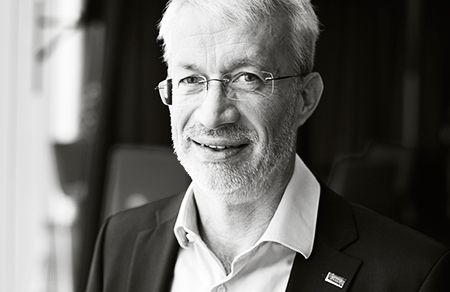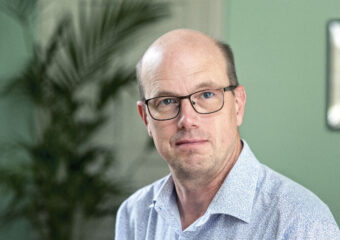For the sake of science, we must dare to criticise!
After the investigation into Paolo Macchiarini’s experimental operations at Karolinska University Hospital and Karolinska Universitet, several issues have been raised about the culture of these institutions, and with good reason. Kjell Asplund and Sten Heckscher’s report speaks of the culture of silence, elitism, and considering yourself to be above the rules. Heckscher primarily refers to the rules that govern Swedish authorities, but when it comes to misconduct and the silence culture, the issue becomes a breach of the rules that govern science itself.

Sten Heckscher indicates – quite rightly – that current research policy is a prerequisite, and a breeding ground, for what has occurred. SULF has long argued that excellence thinking and skewing the balance between direct research grants (43%) and external funding (57%) is dangerous, and that it increases working environment problems by creating temporary employment as well as causing disadvantages for women.
The reason for the imbalance, as SULF has pointed out in a debate article in UNT in the summer, is the last few decades of political faith in the concept of excellence, and the idea that it is actually possible to identify really excellent research before it begins. The study entitled Hans excellens (His Excellency) (Sandstrom, Wold, Johansson 2010) proved that assessment is, to say the least, unscientific and heavily influenced by friendships between researchers. In the UK, Professor Don Brabender and others pointed out that these assessments are also anti-competitive – peer preview instead of peer review.
Helene Hellmark Knutson, Minister of Higher Education and Research, has promised a greater proportion of direct allocations, she repeated this in an interview in direct connection with the Heckscher Report. We hope that this promise will be fulfilled and that there will not be a reoccurrence of what happened with the last research bill when the “considerably increased” basic allocations proved to be a reduction from 46% of the research funds in 2012 to 43% in 2015.
But despite these unintended effects of government research policy, all of us university teachers and researchers must still struggle for science. We must take Kjell Asplund’s point about the culture of silence seriously. We must all – and especially those of us who advanced in our careers – create a culture where even our colleagues who are temporarily employed or junior dare to criticise erroneous scientific findings or scientific misconduct. It is our responsibility to science.
We must also fight for regulatory compliance as regards the Administrative Procedure Act, employment regulations and other systems that control, for example, the recruitment process. There must never only one professor or research leader responsible for evaluating candidates for a PhD position. It can never be right that a postdoctoral position is advertised with such a slim profile that only one, newly-graduated PhD from the same department can apply. Excellent research means personal impartiality when it comes to people you know. The expert position is there in science to ensure that the most suitable candidate is selected without regard to friendships.
Targeted or rigged calls are not only violations of government regulations, they are also violations of science. Science grows when we have a culture in which scientific arguments outweigh friendships. We all have a responsibility to build a culture in which we can conduct tough scientific discussions in good faith.
Mats Ericson
Chair of SULF
